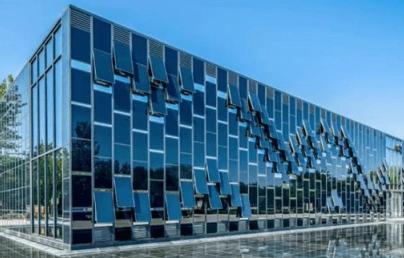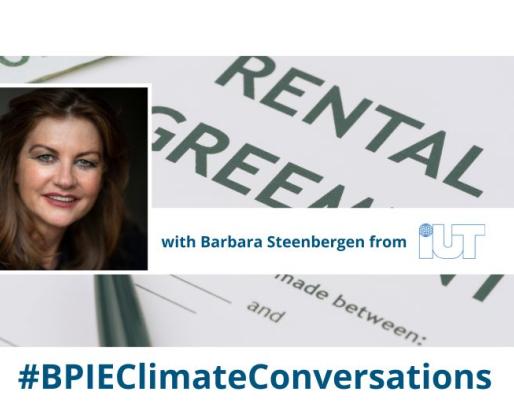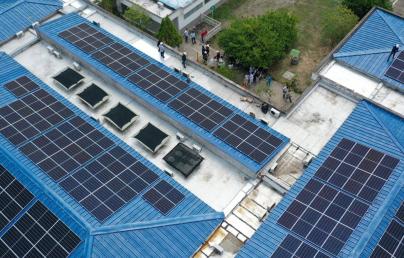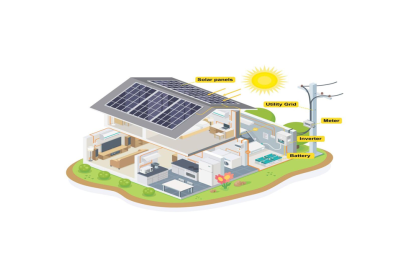
BPIE Climate Conversations - How can EED and EPBD better contribute to housing cost neutrality?

BPIE Climate Conversations - How can EED and EPBD better contribute to housing cost neutrality?
Landlord and tenant relationship can be experienced positively or negatively for many reasons. Luckily, the relationship is regulated by specific legislation which aims at supporting both parties, but what happens when the house has to be renovated? The following interview addresses this issue from the renters´ point of view, and digs more into housing affordability and social justice.
BPIE’s Climate Conversations series aims to shine light on a diverse range of perspectives on buildings and climate policies, engaging stakeholders from various backgrounds. We seek to identify solutions and blind spots to key challenges related to reducing the climate impact of buildings and to a just transition to a climate-neutral society.
In this Climate Conversation, BPIE connected with Barbara Steenbergen, Head of the EU liaison office at IUT, the International Union of Tenants. The aim of the discussion was to dig into some of the common – and less common – questions on building renovation and social justice from the perspective of those who are not in the driver’s seat when it comes to renovation investments – renters. In this interview, IUT suggests ways how the EED and EPBD can better contribute to housing cost neutrality, how Minimum Energy Performance Standards can be designed in a socially just (and climate ambitious) way, tenure-neutral housing policies and questions of affordability.
An extract from the interview:
Oliver (BPIE): Do the EED and EPBD adequately address the landlord-tenant dilemma? How should the EED and EPBD revision help alleviate barriers of split incentives? Are there other parts of the ‘housing’ ecosystem that need to change in order for building decarbonisation policies to work (rental law, banking requirements, etc.)?
Barbara (IUT): The EED and EPBD lack the major solution for the rental housing sector: the principle of housing cost neutrality after renovation. Housing cost neutrality (entailing rents, energy costs and local taxes) should be the main principle of the Fit for 55 package and the national climate plans. As renovation costs can be passed on to the tenants in most European Member states, renovation often contributes to the displacement of residents and the gentrification of entire quarters.
Affordability in renovation means that rent increases are fully balanced by energy savings. The model of housing cost neutrality thus combines social and climate goals in an ideal way and prevents “renovictions” (evictions by renovation). Now, with rising energy prices, it is even more important than before to find a responsible solution. IUT is therefore calling for the reinforcement of Article 22 of the EED. Article 22 creates a new obligation on Member States to take measures to empower and protect people affected by energy poverty, vulnerable customers and people living in social housing.
Read the full interview here.

